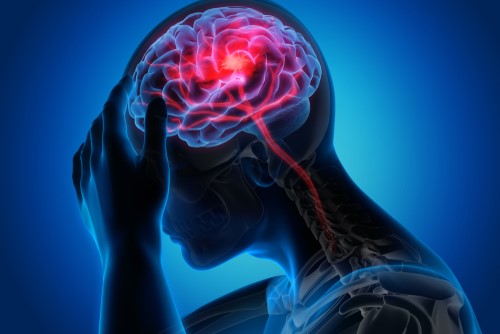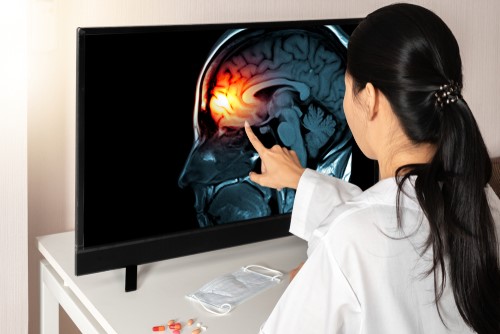There are several acute treatments for episodic migraine, with varying strength of supporting evidence, according to a review published in JAMA.
Study authors assessed the efficacy or harms associated with acute therapy for migraines by searching databases from inception to February 24, 2021.The primary endpoints were defined as pain freedom, pain relief, sustained pain freedom, sustained pain relief, and adverse events. The study analyzed 15 systematic reviews regarding triptans and nonsteroidal anti-inflammatory drugs, and 115 trials comprising 28,803 patients summarized other interventions.
According to the results, triptans and nonsteroidal anti-inflammatory drugs were significantly associated with reduced pain and increased risk of mild and transient adverse events compared with placebo. The findings for opioids’ efficacy in treating migraines was limited due to insufficient strength of evidence (SOE).
“Use of triptans, nonsteroidal anti-inflammatory drugs, acetaminophen, dihydroergotamine, calcitonin gene-related peptide antagonists, lasmiditan, and some nonpharmacologic treatments was associated with improved pain and function (for migraine),” the authors wrote. They added that the “evidence for many other interventions, including opioids, was limited.”
Source: JAMA
Keywords: migraine, self-injectable, preference-elicitation instrument









